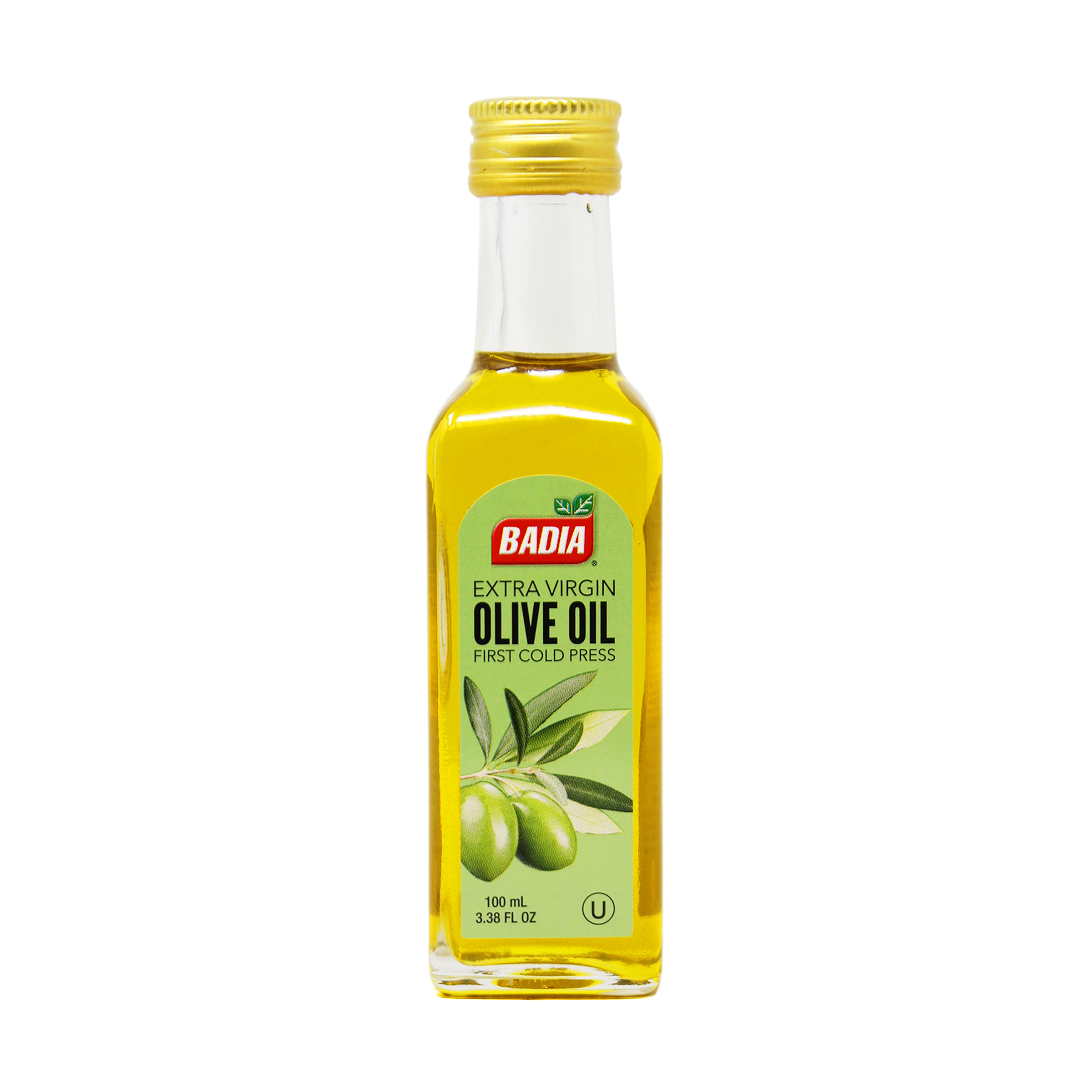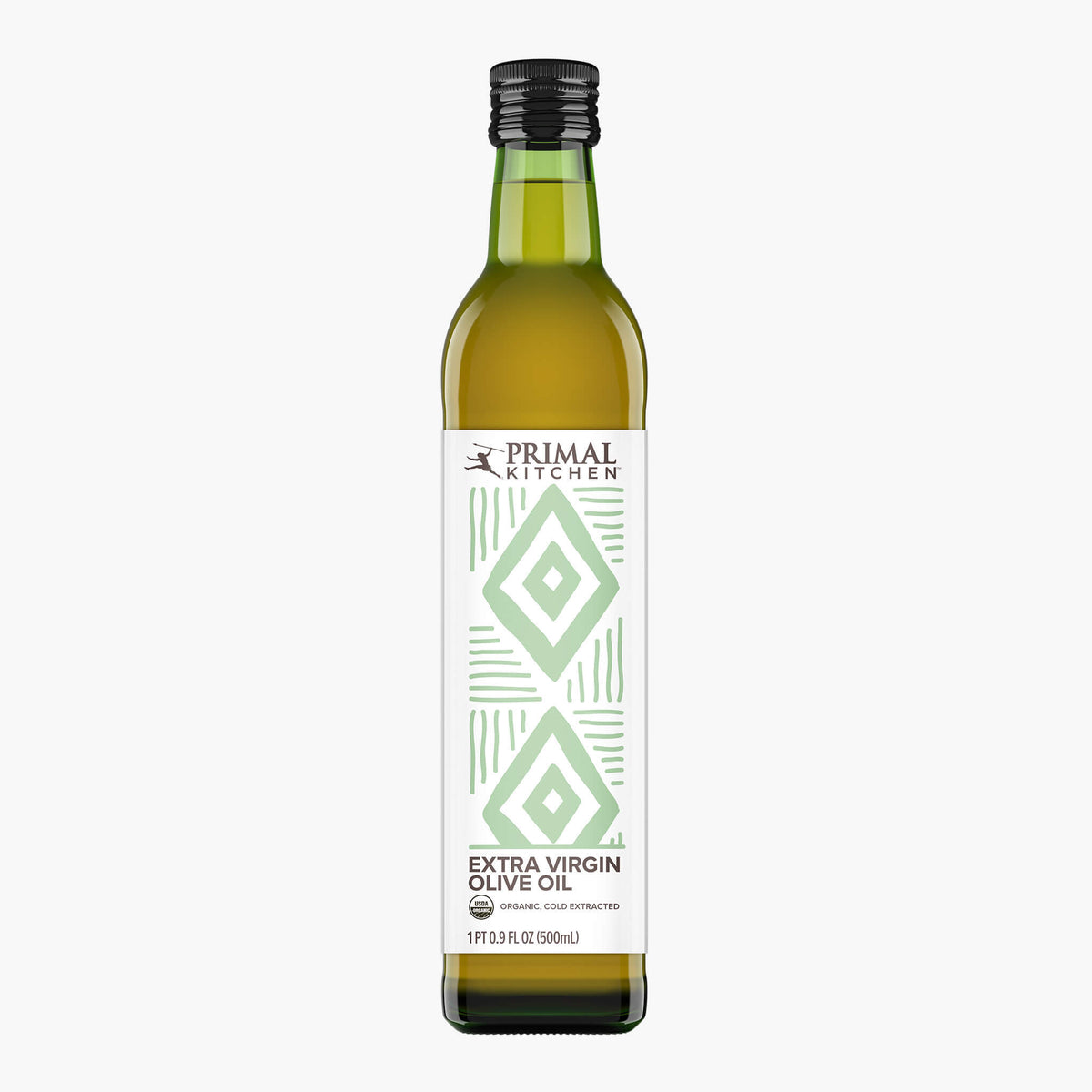Extra Virgin Olive Oil Benefits: Why It’s Essential for Your Mediterranean Diet
Extra Virgin Olive Oil Benefits: Why It’s Essential for Your Mediterranean Diet
Blog Article
Checking Out the Different Sorts Of Olive Oil and Their Uses, Consisting Of Additional Virgin Olive Oil
The exploration of olive oil encompasses a diverse series of kinds, each offering culinary applications and unique flavors. Bonus virgin olive oil, renowned for its superior quality and wellness advantages, works as a staple in many cooking areas, yet it is only one element of this complex active ingredient. extra virgin olive oil benefits. Various other varieties, such as pure and refined olive oils, additionally require focus for their distinct properties and usages. Recognizing these distinctions can significantly affect both cooking strategies and flavor profiles. What, after that, should one take into consideration when selecting the right olive oil for a details cooking undertaking?
What Is Olive Oil?
Derived from the fruit of the olive tree, olive oil is a staple in Mediterranean cuisine and a key component in different culinary applications. This flexible oil is generated by pressing whole olives, causing a liquid that varies in flavor, fragrance, and color depending on the sort of olives utilized, the region of cultivation, and the removal process. Olive oil is primarily composed of monounsaturated fats, specifically oleic acid, which is recognized for its possible health advantages, including anti-inflammatory buildings and cardio support.
In enhancement to its culinary uses, olive oil has a long history of application in typical medication and skincare, owing to its abundant antioxidant web content (extra virgin olive oil benefits). The oil is frequently used in dressings, marinades, and for cooking techniques such as sautéing and roasting. Its distinctive taste profile can enhance the taste of numerous recipes, making it a crucial active ingredient for both home chefs and professional chefs
In addition, olive oil is celebrated for its duty in the Mediterranean diet, which is associated with numerous wellness advantages. As awareness of these advantages grows, olive oil continues to get appeal worldwide as an essential element of a healthy lifestyle.
Sorts Of Olive Oil
Understanding the numerous types of olive oil is essential for both health-conscious consumers and culinary fanatics. Olive oil is classified primarily based upon its extraction approach and high quality, which considerably affects its taste, scent, and health benefits.

Light olive oil, despite its name, refers to a lighter taste and not lower calories. It is excellent for those looking for an extra refined taste in sauces and dressings. Furthermore, there are flavored olive oils infused with natural herbs, spices, or citrus, which can boost recipes without the demand for added seasoning.
Each type of olive oil serves specific cooking objectives, and recognizing these differences enables consumers to make informed choices that line up with their cooking designs and health objectives.
Extra Virgin Olive Oil
Extra virgin olive oil (EVOO) is widely considered the best quality olive oil available, renowned for its abundant taste and various health and wellness benefits. To be categorized as extra virgin, the oil must be produced from fresh olives using mechanical processes, without making use of solvents or too much warm. This thorough method protects the oil's all-natural tastes, anti-oxidants, and healthy and balanced fats, causing a product with a low level of acidity level of less than 0.8%.
EVOO is plentiful in monounsaturated fats, particularly oleic acid, which is connected to lowered inflammation and boosted heart health. It likewise contains polyphenols, effective antioxidants that may offer safety results against chronic illness. The taste account of EVOO can vary significantly depending upon the olive variety and region of production, varying from fruity and verdant to durable and sharp.

Culinary Use Olive Oil

In food preparation, olive oil can be used for sautéing, toasting, and barbecuing, providing a healthier alternative to butter or various other fats. Its high smoke point Continued makes it appropriate for different cooking approaches, while its antioxidants contribute to a heart-healthy diet regimen. Drizzling olive oil over why not try here completed meals, such as pasta, fish, or grilled veggies, can raise flavors and add a touch of sophistication.
Additionally, olive oil plays a considerable duty in cooking, where it can change conventional fats in recipes for bread and pastries, passing on wetness and a refined taste. It also serves as a base for instilled oils, enabling cooks to explore flavors such as garlic, herbs, or chili, better broadening its cooking possibility. Generally, olive oil's versatility makes it vital in both home and professional kitchens.
Deciding On High Quality Olive Oil
When selecting quality olive oil, it's necessary to take into consideration a number of crucial elements that affect the item's wellness, flavor, and aroma advantages. Most importantly, go with extra virgin olive oil (EVOO), which is stemmed from the very first cold pushing of olives and consists of the highest degree of anti-oxidants and helpful substances. Look for oils that are licensed by recognized organizations, as this often makes sure adherence to rigorous high quality criteria.
The product packaging additionally plays a substantial function in protecting the oil's integrity. Pick oils saved in dark glass bottles or tins to protect against light deterioration. Focus on the harvest date; fresher oils provide superior flavor and dietary value, so choose items that are within 18 months of their harvest.
Furthermore, consider the beginning of the oil. Top quality olive oils often come from details areas known for their distinct taste accounts, such as Italian, Spanish, or Greek oils. Ultimately, understand the taste; a high quality olive oil need to have a balance of fruity, bitter, and peppery notes, indicating its splendor and intricacy. By reviewing these elements, you can guarantee you are choosing the ideal olive oil for your cooking requirements.
Verdict
In recap, the exploration of numerous kinds of olive oil reveals distinctive features and applications, with added virgin olive oil standing for the peak of quality due to its reduced acidity and high antioxidant from this source material. Its adaptability in cooking uses enhances tastes in dressings, marinades, and drizzles. Understanding the different selections of olive oil enables for informed options in cooking approaches, advertising much healthier techniques while enhancing the general gastronomic experience. Quality selection stays vital for optimum benefits.
Acquired from the fruit of the olive tree, olive oil is a staple in Mediterranean cuisine and a key component in various culinary applications.The most common kinds of olive oil consist of refined olive oil, pure olive oil, and light olive oil.Bonus virgin olive oil (EVOO) is extensively pertained to as the highest top quality olive oil available, celebrated for its rich taste and countless health advantages. Choose for extra virgin olive oil (EVOO), which is obtained from the initial cool pushing of olives and includes the highest possible levels of anti-oxidants and useful compounds.In summary, the exploration of different kinds of olive oil reveals distinctive characteristics and applications, with added virgin olive oil representing the peak of quality due to its reduced acidity and high antioxidant material.
Report this page